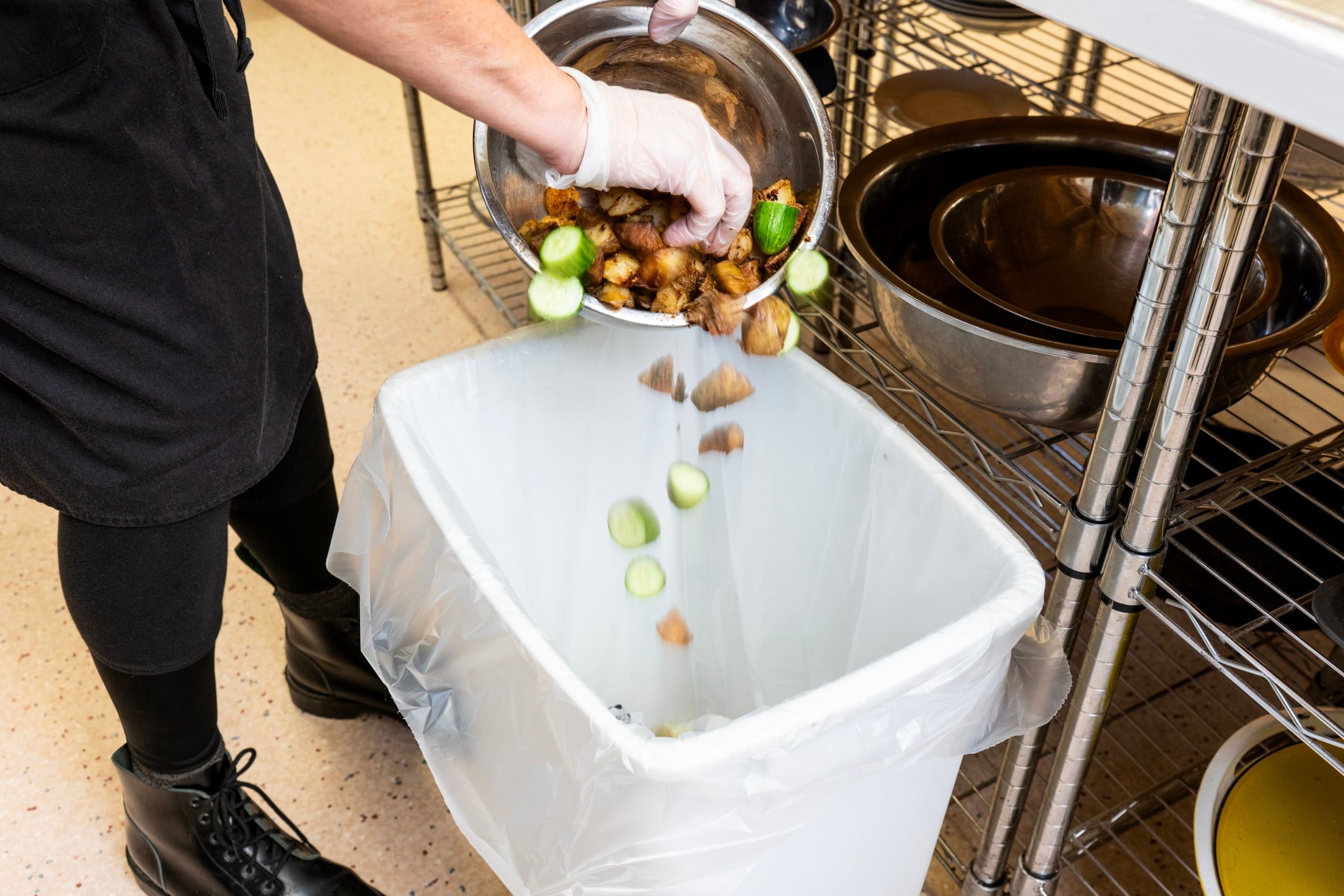Nestlé Professional has created a new material which it’s using to transform the way it builds its Nescafé self-serve furniture units.
All panels of the new units are now made using bespoke materials from Nestlé that combine 70% plastic waste from its Tutbury factory and 30% used Nestlé coffee grounds.
The plastic is from Nescafé Dolce Gusto pods – leftover reels with holes in them from the production process. This plastic gets shredded, mixed with coffee waste, and heated to 200 degrees.
The board material called ‘Nestlé Recycled Plastic Coffee Board’ was developed in collaboration with UK-based manufacturer Regency and replaces older designs made from MDF, plastic and other virgin materials.
The business had been using a UK-sourced unit board material called ‘Regency Plastic Board’ and made from 90% recycled materials, including coffee grounds.
Quantis for Regency conducted a 2018 Life Cycle Assessment which showed that in comparison to the previous Melamine Faced Chipboard (MFC) and MDF panels, these new panels generated 70% less carbon emissions, if used five times.
However, Nestlé wanted to go one step further and devise a closed loop solution that used its own surplus materials. The new design can be refurbished and reused up to five times.
To date approximately 200 units of both the 90% and fully recycled panels have been implemented.
The move to a new material has also streamlined the supply chain, with five separate distribution stages removed, cutting lead times from up to 12 weeks to just 10 days.
Smaller design touches are also getting an update. Condiment holders, once made from plastic, are now crafted using coffee grounds.
Stuart Fleming, trade asset manager UK & Ireland, Nestlé Professional, who led the project said: “I feel we should all be doing what we can to support the environment and sustainability. Despite it not being my role or responsibility, I wanted to see if I could introduce a better solution to house our coffee machines. It’s been fantastic seeing this closed loop solution come to life, where we can now transform our own waste into purpose-built furniture. It’s a very proud moment for our team, business and wider community.”
Julia Jones, head of corporate communications and sustainability, at Nestlé Professional added: “What I love about this initiative is that the idea came from someone in the business who doesn’t work on sustainability at all. It demonstrates how anyone can drive sustainability action and support our customers on their sustainability journey.”
Other Nestlé markets outside the UK are now looking to replicate this initiative.




